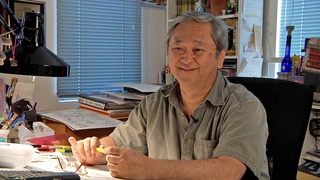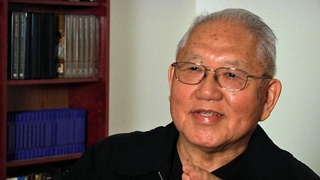Interviews
Be True to Yourself
One thing would be to get involved. I mean, things don't happen just because they're right or wrong. You've got to work at it and whatever you can do as one individual, even though you may think it doesn't matter, you know, what does one vote or one this or that do? How hard you work at it can have ripples in terms of how it can affect others and I think that's true with all of us. ... What else could I say for future generations? Live your life as you feel that suits you, I guess. Each person has different goals. I think part of it is knowing yourself, if you feel good about something. And if you don't, you've got to ask why. Why am I not happy doing this, what I'm doing? Or what is it that I need to do to make me feel good inside that I'm doing? Or if you're... I don't know, sometimes you wonder about all the political bad stuff that comes out. How do those people feel when they're doing that? How can they live with themselves if they are doing things like that? So anyway, I would say, be true to yourselves. Be able to look yourself in the mirror and say you feel good about it.
Date: September 26, 1997
Location: Washington, US
Interviewer: Becky Fukuda, Tracy Lai
Contributed by: Denshō: The Japanese American Legacy Project.
Explore More Videos














Postwar school-life
(b. 1930) Half Japanese and grew up in both Japan and the United States.

On Challenging Institutions
(1938-2020) Japanese American attorney and civil rights activist
